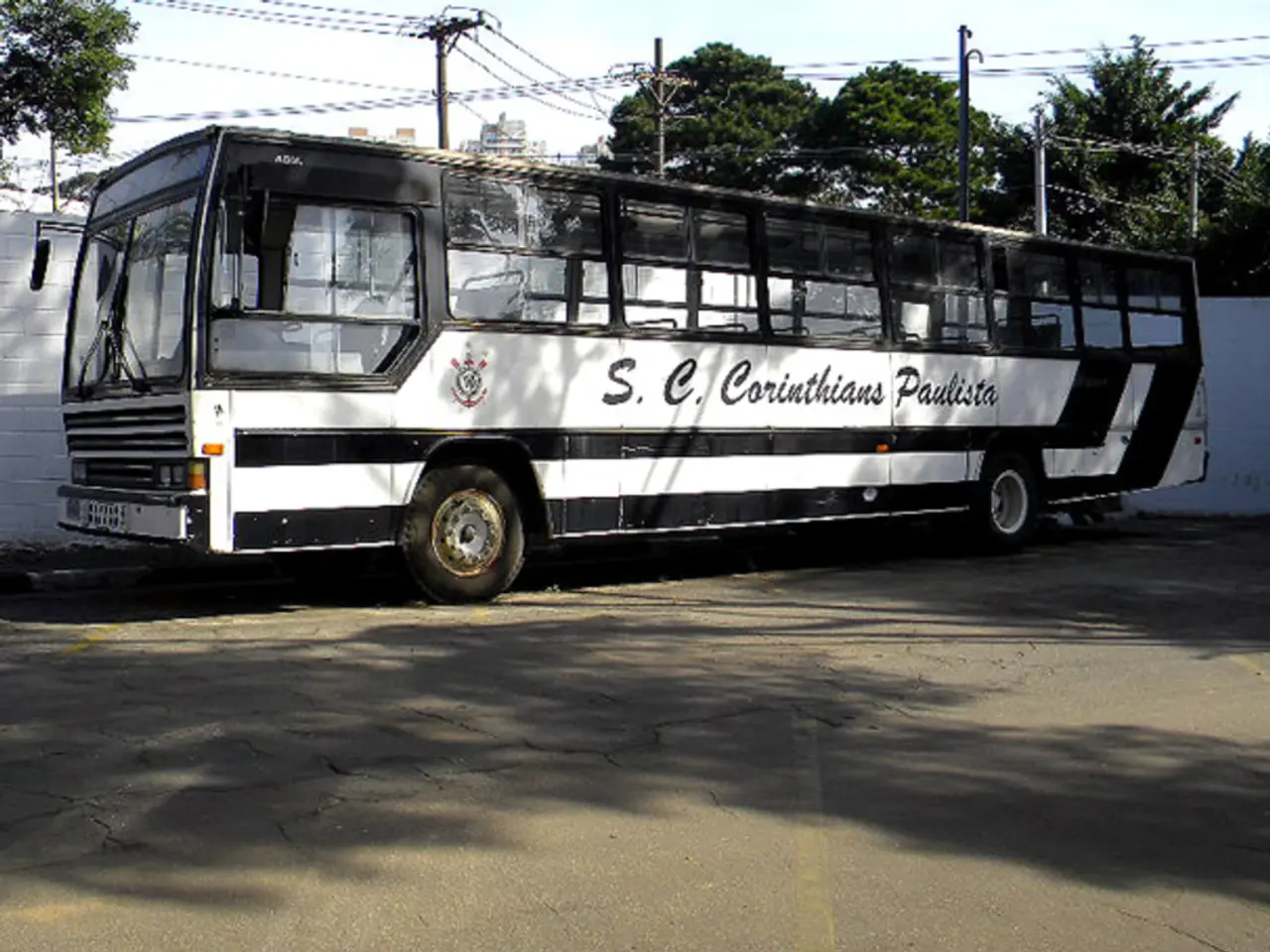Anticipates an additional 150 electric buses from BVG in the upcoming year
The Berliner Verkehrsbetriebe (BVG) has embarked on an ambitious plan to make its entire bus fleet emission-free by the early 2030s. The strategy involves a gradual transition from diesel and other types of buses to electric ones, supported by a significant expansion and modernization of infrastructure.
Recently, the foundation stone for the new electric bus depot in Sântisstraße, Marienfelde, was laid alongside BVG CEO Henrik Falk and Transport Senator Ute Bonde (CDU). This depot, equipped with charging, workshop, and administration facilities, is scheduled for completion in 2027 and can accommodate 220 buses.
In 2024, BVG expects to add 150 more battery-electric articulated buses to its fleet, with models like the Mercedes eCitaro already part of the fleet since around 2020. By 2027, BVG plans to have over one-third of its fleet electrified, with a total of approximately 550 electric buses out of 1,500. Another 120 electric buses are to be added in 2027.
As part of this transition, BVG is currently testing alternative fuels like HVO (hydrotreated vegetable oil) to extend the life of newer diesel buses during the transition. However, the long-term use of hydrogen buses remains under evaluation, with no firm commitment yet.
The exact share of battery-electric buses in the emission-free fleet is still uncertain, with BVG CEO Henrik Falk stating that the conversion may result in 80, 85, or 90 percent battery usage, but this is not yet certain.
Infrastructure development is crucial to this plan. Apart from the Sântisstraße depot, additional e-bus depots are planned for Köpenicker Landstraße and Rummelsburger Landstraße in the following years. By 2030, the BVG aims to comprehensively expand and modernize workshops and rail facilities.
This comprehensive approach highlights a gradual but steady transition toward full electrification with infrastructure and fleet upgrades aligned with a target of complete emission-free operation early in the 2030s. Whether hydrogen drives will be considered in the long term for the BVG bus fleet is yet to be decided.
- The integration of electric buses into the BVG fleet is not merely a shift in technology, but also an investment in environmental-science and finance, as they move towards a more sustainable transportation industry.
- In the realm of science and technology, BVG is also experimenting with alternative fuels like HVO to optimize the performance and lifespan of their diesel buses during the transition period.
- To ensure the success of their emission-free initiative, BVG is planning to build additional e-bus depots, such as those in Köpenicker Landstraße and Rummelsburger Landstraße, and upgrade their workshops and rail facilities, thereby aligning their infrastructure development with their long-term goals in industry and environmental-science.




